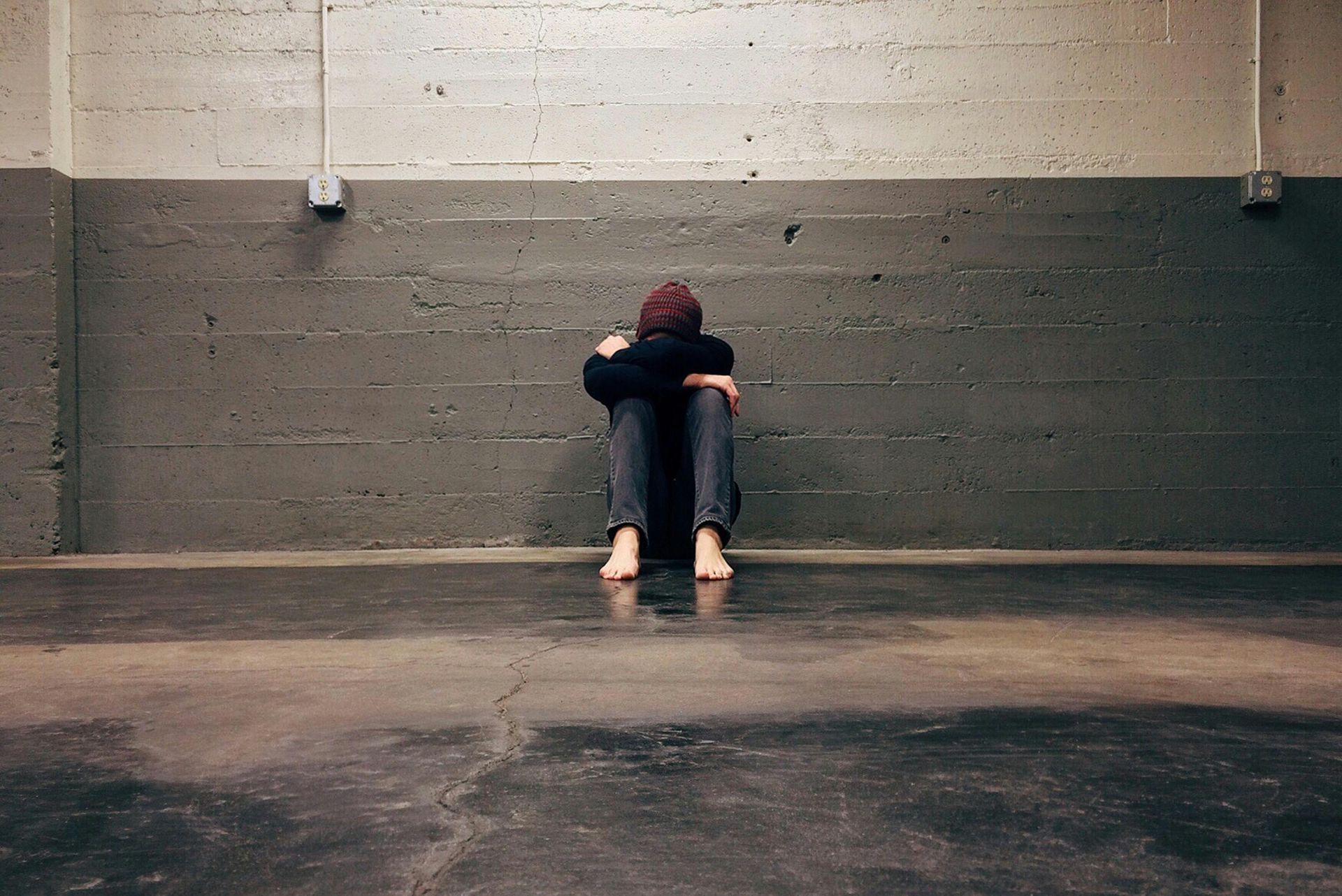Understanding Compulsive Lying
Trauma, Truth, and Trust: Understanding Compulsive Lying in Preteens and Teens Through Attachment Theory

As professionals, caregivers, and community members invested in the well-being of young people, we often encounter behaviors that challenge our patience and understanding. One such behavior is compulsive lying—particularly common among preteens and teenagers with trauma backgrounds. While on the surface it can appear manipulative, deceptive, or even malicious, attachment theory and developmental research invite us to look deeper.
🧠 Lying as a Developmental Signal, Not Just a Behavior Problem
Developmentally, children begin experimenting with lying around ages 4–6. It’s a natural part of cognitive and social growth. In securely attached children, this stage typically evolves into a more nuanced understanding of honesty and accountability over time.
But for youth with trauma histories—especially those who have experienced chronic neglect, abuse, abandonment, or inconsistent caregiving—this process can become stuck or distorted. For these children, lying often takes on a deeper, protective function.
🔍 Attachment Theory: The Root of the Behavior
Attachment theory tells us that children form internal “working models” of relationships based on early interactions with caregivers. When caregiving is safe and responsive, children internalize the belief that people can be trusted, that their needs will be met, and that they are worthy of love and protection.
But for children with insecure or disorganized attachment styles, lying can become a defense mechanism—a way to navigate relationships that feel threatening, unpredictable, or emotionally unsafe.
They may lie to:
Avoid shame, rejection, or punishment.
Control outcomes in a world where they’ve had little control.
Try to be seen as “good” or “deserving” in the eyes of caregivers.
Protect parts of themselves they fear will be judged or rejected.
❗When Shame Is Added to the Equation
It’s common to hear frustrated adults respond to lies with statements like:
“I can’t trust you.”
“You’re manipulating me.”
“If I could trust you, I could give you good things.”
While often said out of exasperation or a desire to teach responsibility, these messages can cause serious internal harm, especially for trauma-impacted youth. Here's what happens inside:
"I can’t trust you" is often internalized as "I am untrustworthy" or "I am fundamentally bad."
"You're manipulating me" can reinforce a child’s shame, leading them to believe "My needs are wrong", or "I can only get love by deceiving others."
"If I could trust you, I could give you good things" implies that love and care are conditional, deepening the belief that good things aren't for me or I'm only lovable when I'm perfect.
Instead of motivating honesty, these phrases often increase fear, secrecy, and self-doubt—further entrenching the very behaviors adults are trying to stop.
🛠️ Reframing Lying: From Control to Communication
Understanding compulsive lying through the lens of trauma and attachment opens the door to compassion—and more effective support. Lying isn’t usually about control or deceit for its own sake. It’s often a way of saying:
“I don’t feel safe.”
“I’m afraid you’ll stop loving me if you know the truth.”
“I don’t know how to ask for help without being hurt.”
When we reframe lying as communication about internal distress, we can shift from confrontation to connection.
💡 What Helps Instead
Here are some key ways to respond when a teen is caught in a lie:
Anchor the Relationship First
Reassure them: “You don’t have to lie to be safe with me.” Prioritize safety and relationship over punishment.
Be Curious, Not Punitive
Ask: “What made it hard to tell me the truth?” instead of “Why would you lie?”
Separate the Behavior from the Person
Say: “Lying isn’t okay, but I know you’re more than this behavior.”
Offer Opportunities for Repair
Help them see that trust isn’t “all or nothing.” Trust is built in small, repeatable moments. Help them repair, not just apologize.
Use Predictable, Non-shaming Boundaries
If consequences are needed, frame them as supportive structure, not rejection: “I want to help you practice being honest—even when it’s hard.”
💬 Final Thoughts
For young people with trauma backgrounds, lying is rarely just about dishonesty—it’s about protection, survival, and testing the safety of relationships. When we respond with harshness, threats, or conditional love, we unknowingly confirm their deepest fear: "The truth makes me unlovable."
But when we respond with connection, curiosity, and consistency, we can slowly rebuild their trust in others—and in themselves.
Because healing doesn’t happen when we demand honesty. It happens when we become safe enough that honesty becomes worth the risk.










